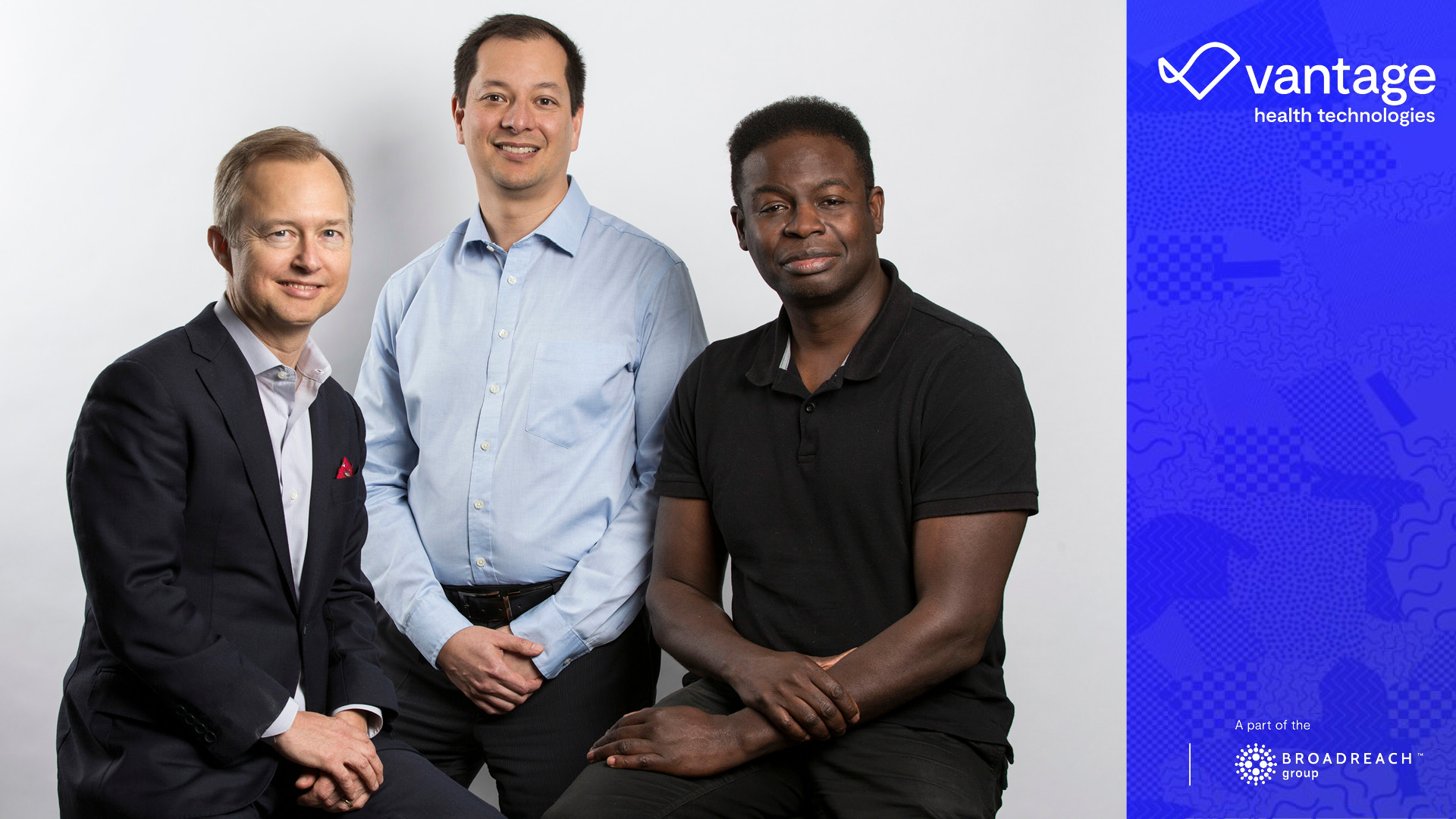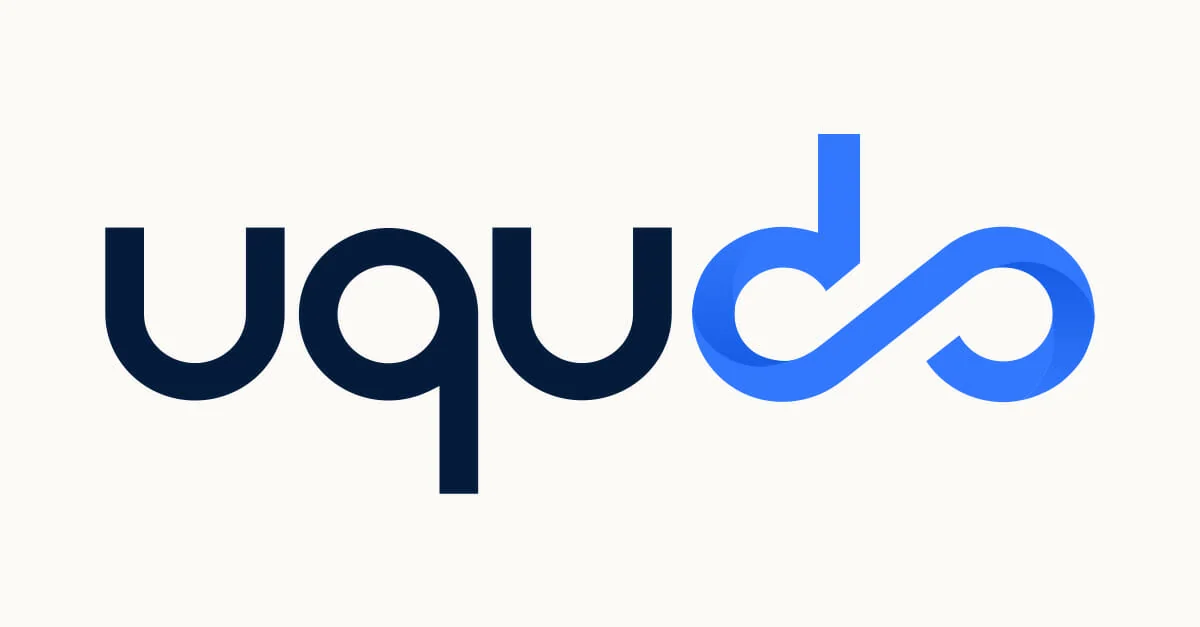Vantage Health Technologies Partners With Institute of Human Virology Nigeria to Build AI-powered Patient Retention Solution

Vantage Health Technologies and the Institute of Human Virology Nigeria (IHVN) have joined to build an AI-enabled Patient Retention Solution, which has resulted in a breakthrough and renewed hope for patient retention in the region.
Sub-Saharan Africa is home to 25 million – or 67 percent – of all HIV-positive people, with 8.1 million of these people being virally unsuppressed. The IHVN team has been able to forecast and positively affect the behavior of high-risk HIV/AIDS patients using Vantage’s artificial intelligence (AI)-enabled Patient Retention Solution, which was financed by a grant from the US Centers for Disease Control and Prevention.
Collaboration amongst public health partners, combined with the use of cutting-edge AI technology, is proving to be a highly effective method for enhancing HIV/AIDS out-patient retention, according to Annika Lindorsson Krugel, Solutions Manager at Vantage Health Technologies. “In Sub-Saharan Africa, the weight of sickness and treatment issues has made it even more critical to employ technology and partnerships to improve the care process.”
Vantage Health Technologies, a firm of the BroadReach Group, a social enterprise focused on innovation and health technology that empowers human action, developed the Patient Retention Solution. The collaboration with IHVN involves a three-site pilot implementation, in which the implementing teams were able to keep 91 percent of the high-risk patients on HIV drugs.
The Patient Retention Solution is an AI-driven model that uses data from patient history to predict if patients will miss their next clinic appointment with the assumption that missing the appointment means the patient will drop off treatment as they are not present to collect their medication.
The solution uses a machine learning model to identify patients at high-risk of missing their next appointment and produces patient lists that are given to clinical staff to conduct various interventions to prevent patients from missing their next appointment. SMS messages, calls and home visits for those without phone numbers are then arranged to provide personal attention to each patient ahead of their scheduled clinic appointments.”
Dartmouth Institute for Health Policy and Clinical Practice independently evaluated the Patient Retention machine learning model. The Dartmouth Institute looked at eight months of data from the three Nigerian locations and concluded that stigma, side effects, logistical issues, economic barriers, and forgetfulness were the primary barriers to treatment adherence.
Patients were able to overcome these barriers with the help of caregivers, peer support, and comprehending their situation, according to the study. Cultural sensitivity, continual patient contacts with trustworthy relationships at their core, and the support of large-scale development initiatives by local teams, according to the institute, all contributed to the program’s success.
The Vantage Patient Retention Solution has been successfully implemented in HIV treatment and care programs across Nigeria and South Africa. “The solution is a cutting-edge illustration of what can be accomplished when artificial intelligence is used to actually power human activity,” Krugel explains.







